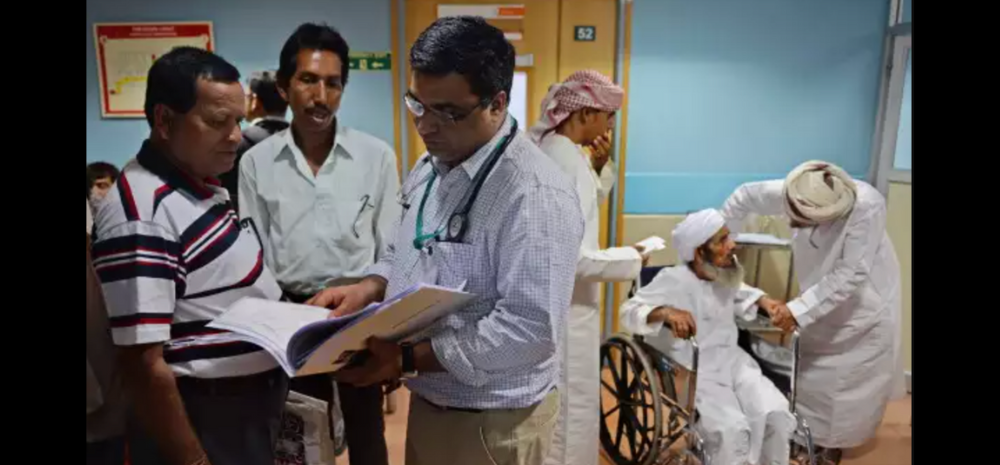The National Medical Commission (NMC) has opted to temporarily put on hold its recent directives, which mandated doctors to exclusively prescribe generic drugs. These directives, known as the National Medical Commission Registered Medical Practitioner (Professional Conduct) Regulations, 2023, were officially released on August 2. However, they encountered significant opposition, with the Indian Medical Association (IMA) and the Indian Pharmaceutical Alliance (IPA), among other stakeholders, expressing reservations about their feasibility. Even the Central Drugs Standard Drug Control Organisation (CDSCO), India’s primary drug regulatory authority, voiced concerns regarding the language used in the official notification.

Controversy and Suspension: NMC Guidelines and the Ministry of Health Meeting
This decision was reached subsequent to a meeting convened by the Ministry of Health, involving various stakeholders, including the IMA and IPA, who voiced their objections to the directives.
The latest announcement declares, “The National Medical Commission Registered Medical Practitioner (Professional Conduct) Regulations, 2023, are hereby temporarily suspended immediately… The Indian Medical Council (Professional Conduct, Etiquette and Ethics) Regulations, 2002, will take immediate effect.”
Beyond the provisions concerning generic medications, the NMC guidelines encompassed several other areas, including continuous medical education, the utilization of social media platforms, and the upkeep of a dynamic roster of physicians. Additionally, they forbade doctors from engaging in events sponsored by pharmaceutical firms.
During the meeting with the Ministry of Health, attendees pointed out that the directives conferred upon the NMC and state medical councils powers on par with those of a civil court, a prerogative typically reserved for Parliament and not subject to regulation through such directives.
Participants also emphasized apprehensions regarding disparities in drug quality. While companies producing branded generics usually invest in research and adhere to rigorous processes comparable to those of the USFDA, many smaller entities manufacturing non-branded generics don’t even adhere to India’s more lenient ‘Schedule M’ standards.
Debates and Dilemmas: Assessing NMC Directives and the Path Forward
Participants recommended that the directives be suspended until the implementation of the World Health Organization’s good manufacturing practices. They contended that mandating the exclusive prescription of generic drugs would create an incentive for pharmacies to sell them at substantial profit margins, potentially dissuading manufacturers of high-quality branded generics.
Furthermore, concerns were voiced regarding combination drugs, as the Indian Pharmacopoeia lacks specific standards for them. Restricting the sale to only generic versions of combination drugs could result in quality-related issues.
The CDSCO raised specific concerns regarding ‘List O,’ which comprises “over the counter” medications that can be recommended on teleconsultation platforms. The NMC’s notification on August 2 included 14 therapeutic categories within List O, encompassing items like cough syrups, pain relievers, antacids, and smoking cessation aids. However, the CDSCO contended that some of these categories might contain drugs that should not be distributed in this manner under the Drugs and Cosmetics Act. This situation could potentially create a contradiction between NMC regulations and the law.
As for the restrictions on doctors’ participation in workshops, symposia, and conferences sponsored by the pharmaceutical industry, a committee has been established, with Dr. VK Paul from Niti Aayog among its members, to streamline industry sponsorships. While the committee’s report is still pending, it is anticipated to permit such conferences with certain limitations. These limitations may include holding them within the country and restricting invitations to family members.











